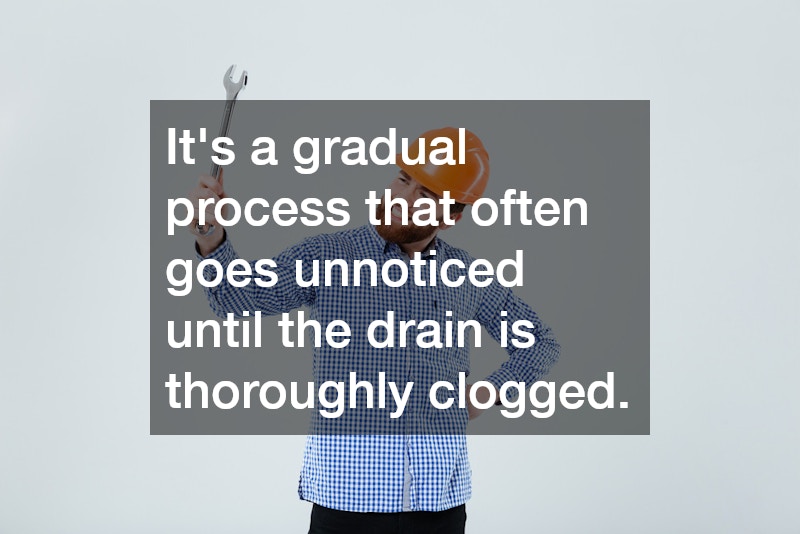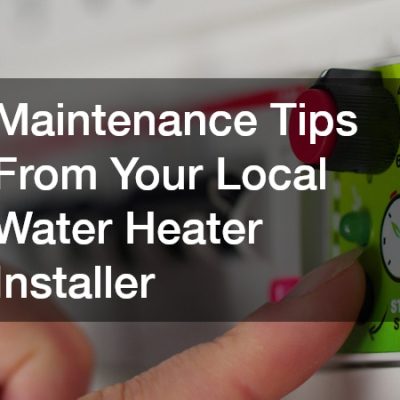Clogged drains are a frequent nuisance that many homeowners encounter. Not only do they impede the normal flow of water, but they can also lead to more significant plumbing issues if not addressed promptly. Understanding the causes of clogged drains can help prevent future blockages and maintain a smoothly running plumbing system.
In most households, drains can get clogged due to a build-up of everyday substances that accumulate over time. Factors like food particles, grease, hair, and soap residue often contribute significantly to this problem. The frequency of drainage issues not only disrupts daily activities but can also incur costs for professional cleaning and repairs.
Addressing clogged drains is crucial not only for convenience but also for health reasons. Stagnant water due to blockages can become a breeding ground for bacteria and may lead to unpleasant odors. As such, recognizing and mitigating common causes of clogged drains can significantly improve the quality of life in any household.
Food Particles and Grease
One of the prevalent causes of clogged drains is the accumulation of food particles in kitchen sinks. These tiny fragments might seem harmless at first, but over time, they can form a barrier that obstructs the drainage pipes. Many individuals mistakenly believe that a garbage disposal unit can handle all types of food waste, leading to improper disposal habits.
Furthermore, grease and oils are notorious for coating the inner walls of pipes. When hot, these substances seem liquid enough to dispose of down the drain, but as they cool, they solidify, adhering to surfaces and catching other debris. It’s a gradual process that often goes unnoticed until the drain is thoroughly clogged.
To prevent this, it’s advisable to avoid pouring greasy substances down the drain. Instead, collect excess grease in a disposable container and dispose of it in the trash. Regularly flushing the sink with hot water and mild detergents can also help reduce grease build-up and maintain healthy pipes.
Hair and Soap Scum
In bathroom drains, hair and soap scum are among the primary culprits of blockages. Hair strands easily slip down the drain and can knot together, creating tough clogs deep within the plumbing system. This issue is exacerbated by soap scum, which forms when soap reacts with minerals in the water, creating a sticky residue.
Soap scum not only contributes to clogged drains but can also leave unsightly residue on bathroom fixtures. As hair and soap scum accumulate, they create a formidable combination that can completely obstruct water flow. Often, regular cleaning is required to prevent the gradual build-up that leads to these clogs.
To combat hair and soap scum clogs, consider installing a drain guard to catch hair before it goes down the drain. Using liquid soap instead of bar soap can also reduce the amount of soap residue that forms. Moreover, routinely cleaning drains with a mixture of baking soda and vinegar can help break down deposits and maintain clear pipes.
Foreign Objects and Kids’ Toys
Foreign objects are another common cause behind clogged drains, often occurring in households with young children. Kids are naturally curious and may inadvertently drop toys or other foreign materials down the drain, leading to unexpected blockages. It is essential for caregivers to supervise activities around sinks and ensure that small items are kept out of reach.
In addition to toys, everyday materials like cotton swabs, dental floss, and paper towels can find their way into drains. These objects do not dissolve and can accumulate over time, leading to severe drainage issues. Even items labeled as “flushable” may still cause problems if not disposed of properly.
To prevent objects from clogging drains, maintain a clutter-free countertop and educate children on the importance of proper waste disposal. Installing sink strainers can also catch larger items before they enter the drainage system. Regular inspection of drains can help detect and remove potential blockages before they become serious issues.
The Importance of Regular Maintenance
Regular maintenance is key to preventing clogged drains and maintaining a healthy plumbing system. Scheduling periodic inspections with a professional plumber can identify potential issues before they evolve into costly repairs. By being proactive, homeowners can ensure their drains remain clean and functional.
Simple DIY maintenance tasks can also contribute to this effort. Regularly cleaning sink traps, using enzyme-based cleaners, and avoiding the use of chemical drain cleaners can preserve pipe integrity and prevent corrosion. Homeowners should also stay vigilant for slow drainage or unusual odors, which could indicate an impending clog.
Ultimately, while clogged drains are a common problem, they are also preventable with the right knowledge and maintenance practices. By understanding the causes and employing preventative measures, you can ensure your plumbing system functions smoothly and avoid the headaches associated with blocked drains. Implementing these practices not only saves money but also supports a clean and healthy living environment.






